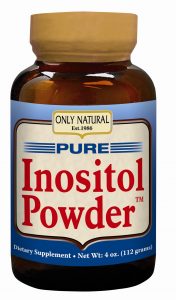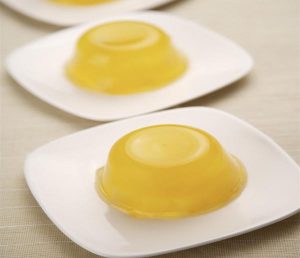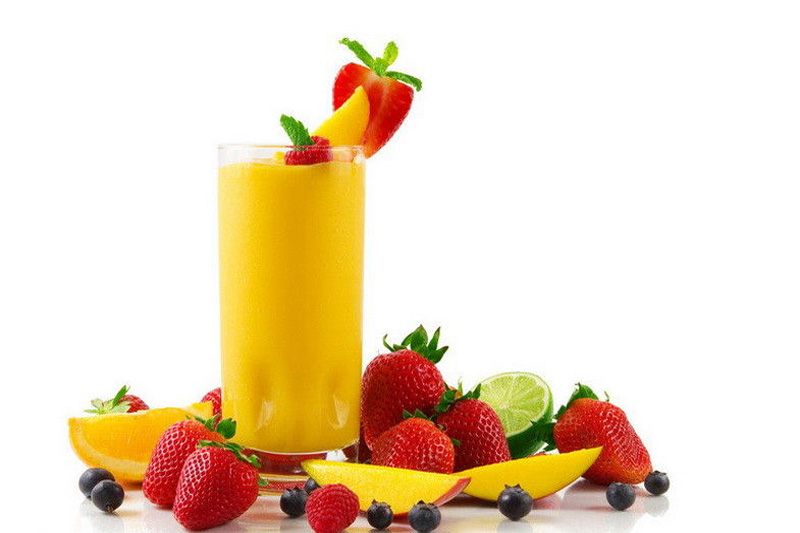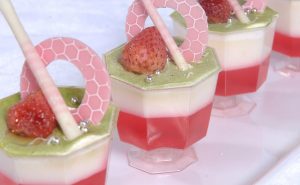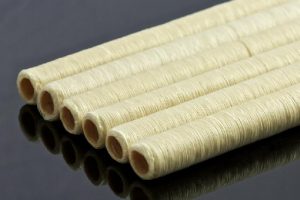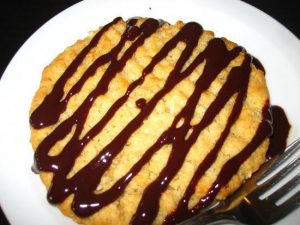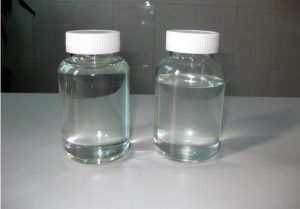Applications and Uses of Chondroitin Sulfate
Chondroitin Sulate can be used in Food, Beverage, Pharmaceutical, Health & Personal care products, Agriculture/Animal Feed/Poultry. Chondroitin Sulate Bovine is a nutritional supplement with a minimum specification of 90-98%. Chondroitin Sulate Bovine is most commonly used in nutraceutical and nutritional supplement applications.
Chondroitin Sulfate is a food additive or dietary supplement normally found in cartilage around joints in the body. Chondroitin sulfate is derived and manufactured from animal sources, such as bovine, porcine, poultry or shark cartilage. It is traditionally used in the treatment of osteoarthritis, high blood pressure, anemia, and heart disease. It can also be used as a remedy for dry eyes in the form of manufactured eye drops.
Chondroitin sulfate sodium bovine is a glycosaminoglycane contained in the cartilage matrix and more specifically in the connective tissue. It maintains osmotic pressure by water absorption, protects the cartilage against degradation by enzymes (metalloproteinase, ex: elastase) and free radicals. It also contributes to bone elasticity and flexibility.
Chondroitin Sulfate Porcine is an amino acid, which is processed into a creamy white powder. This product is used for its healing properties, which include inflammation and osteoarthritis. Chondroitin sulfate can be used in a variety of nutritional supplements.
Chondroitin Sulfate Chicken is a white or light yellow powder that is odorless and has a slightly salty taste. This hygroscopic powder is soluble in water and insoluble in ethanol, acetone or glacial acetic acid. This product is used as an additive in health foods and in health care drugs. It is used for the treatment of nerve migraine, joint pain, and arthritis.
Chondroitin Sulfate Shark is a white or light yellow powder that is odorless and has a slightly salty taste. This hygroscopic powder is soluble in water and insoluble in ethanol, acetone or glacial acetic acid. This product is used as an additive in health foods and in health care drugs. It is used to cure coronary heart disease, and for the treatment of nerve migraine, joint pain, and arthritis.
Chondroitin Sulate uses as follows:
In Food uses
Chondroitin Sulfate supplementation slows joint degeneration, improves function and eases pain. Research indicates that Chondroitin Sulfate can assist the body in its ongoing production and repair process.
Chondroitin Sulfate can be used in a variety of food applications, such as dairy products, beverage, sport bars and drinks – even tablets and capsules.
In different parts of the world the Chondroitin Sulfate is classified differently according to the national legislation. In several countries the Chondroitin Sulfate is used in health food products i.e. food supplements. This could be capsules, tablets or tonics of different kind.
The use of Chondroitin Sulfate is in different countries restricted or controlled by the authorities. It is the responsibility of the manufacturer of the finished goods to assure compliance with the regulation of the individual country.
In Pharmaceuticals uses
With a growing and aging population the need and requirements for supportive healthy solutions increase. Sodium Chondroitin Sulfate is used in a variety of different pharmaceutical products for treating joint health related sufferings such as osteoarthritis of the knee, spine, hips and finger joints.
Studies have reported significant benefits in terms of symptoms such as pain, mobility, and reduced medication requirements in the joint, and early study suggests that Sodium Chondroitin Sulfate may also help treat sufferings such as psoriasis. Along with a variety of other medical uses, Sodium Chondroitin Sulfate may be helpful in patients suffering from unstable bladder control as well as to reduce joint swelling and stiffness. It is found as an active component in eye solutions used for keratoconjunctivitis, corneal preservation, and intraocular pressure.
In Beauty and personal care uses
Chondroitin Sulfate is found in a variety of products in the beauty and personal care segment. Because of its ability to moisturize, heal, and soothe skin with its anti-inflammatory properties and ability to reinforce the intercellular matrix, Chondroitin Sulfate is often used in skin conditioning agent or in hair products. But there are many other possible uses.
SKIN CARE
Chondroitin Sulfate can be used in skin care products, in hair care such as shampoo and conditioner and in a wide range of cosmetic products. Chondroitin Sulfate is derived from muco-polysaccarides and in skin care, the collagen and elastin building properties can be applied topically and potentially be added from the outside in.
HAIR CARE
In hair care products such as shampoo and conditioner, Chondroitin Sulfate is used to keep the hair moist and smooth and reduce drying out.
Along with skin and hair products, Chondroitin Sulfate is also often used in rejuvenating serums, sun lotions, lip balms, pain relief cream and many other products. For beauty and personal care products we manufacture different grades of Sodium Chondroitin Sulfate typically containing 20 %, 40 % or 80 % of Sodium Chondroitin Sulfate.
The use of Chondroitin Sulfate is in different countries restricted or controlled by the authorities. It is the responsibility of the manufacturer of the finished goods to assure compliance with the regulation of the individual country.
In PET AND VETERINARY
Nutritious high quality food is an important part of modern Pet care, and numerous studies on the effects of Chondroitin Sulfate have found these components to be critical nutrients that assist in supporting flexibility, comfort, and range of motion — for pets as well as for humans.
Chondroitin Sulfate may help to keep our pets active and healthy through better joint health mobility and as a result – enriching their lives. Caring for pets with osteoarthritis like arthritis or hip dysplasia, requires several areas of treatment including weight control, exercise, physical therapy, supplements for cartilage health, and if needed, medications for control of pain and inflammation.
For several years Sodium Chondroitin Sulfate has been used in pet food products. Our Chondroitin Sulfate products can be applied either through the food or directly via veterinary medicine. Chondroitin Sulfate helps build cartilage and keep higher levels of joint fluid, and may also inhibit the enzymes that destroy cartilage.

